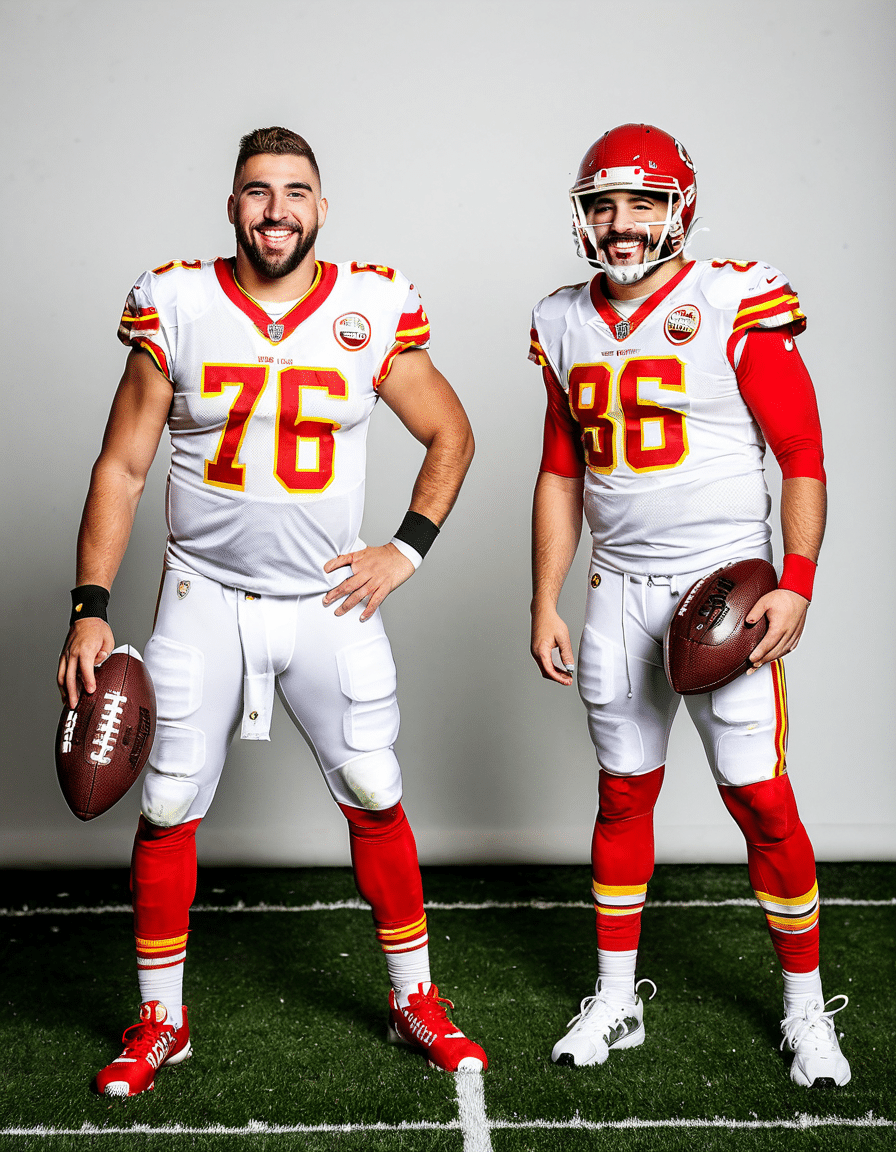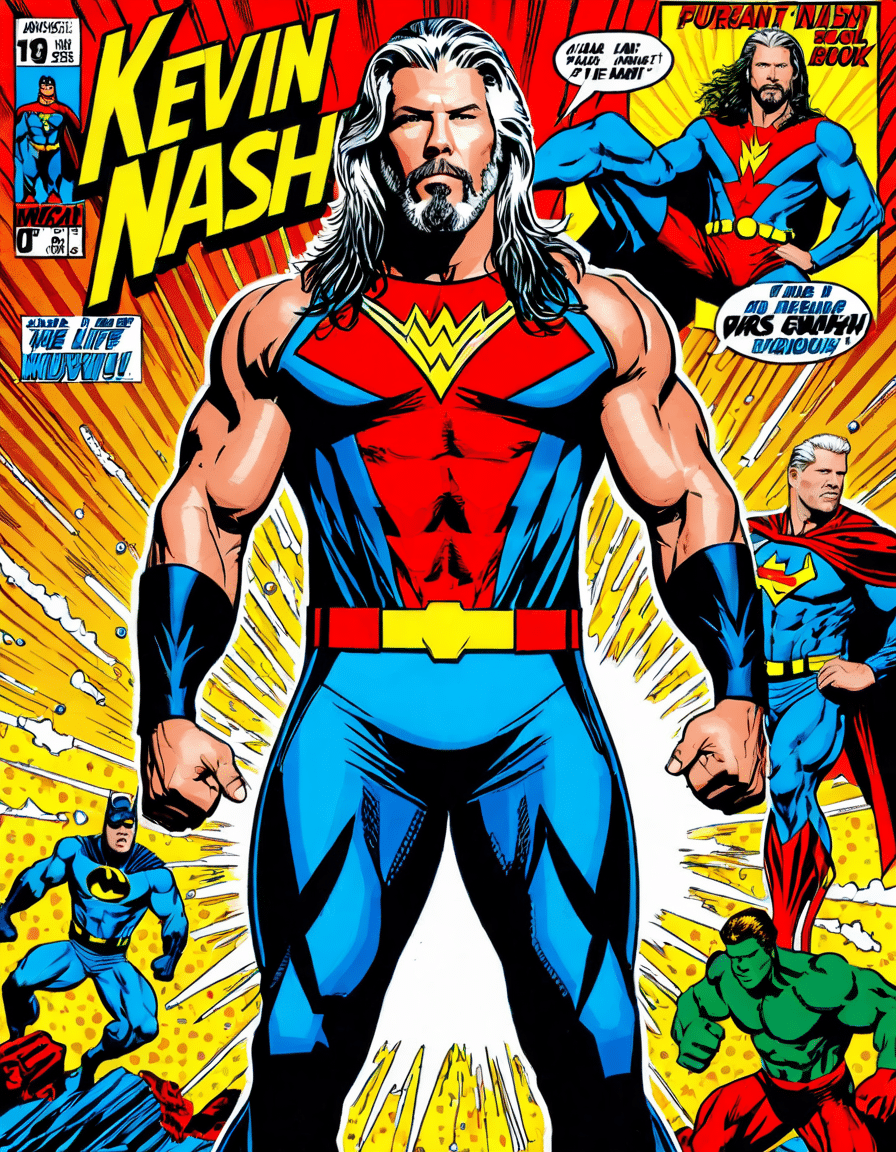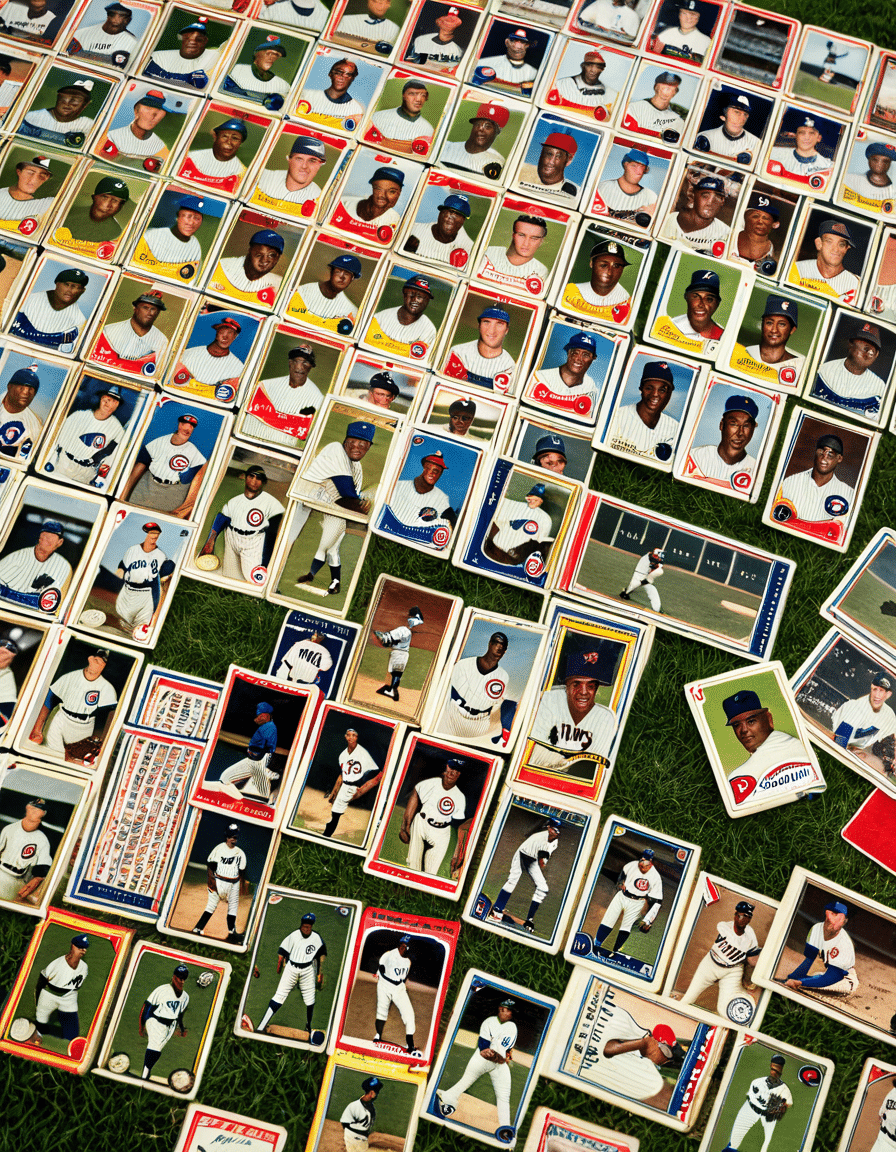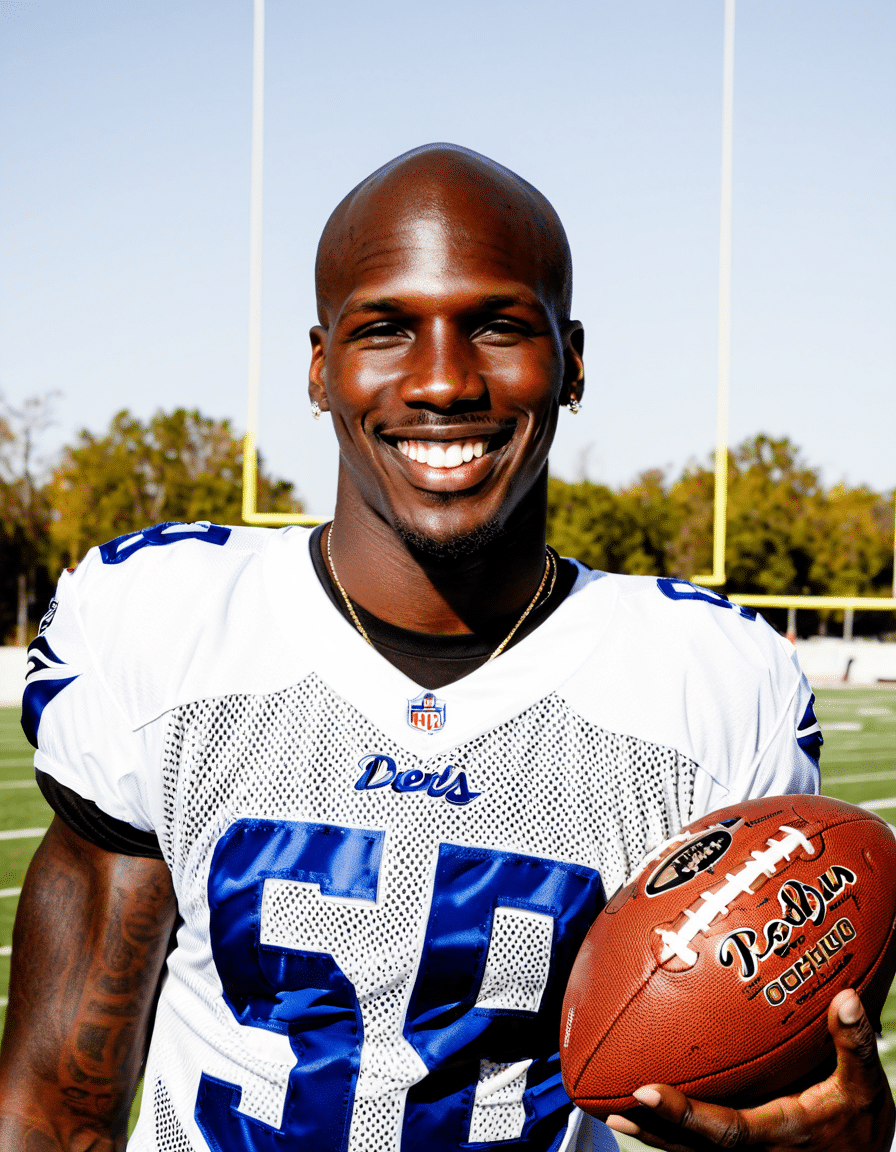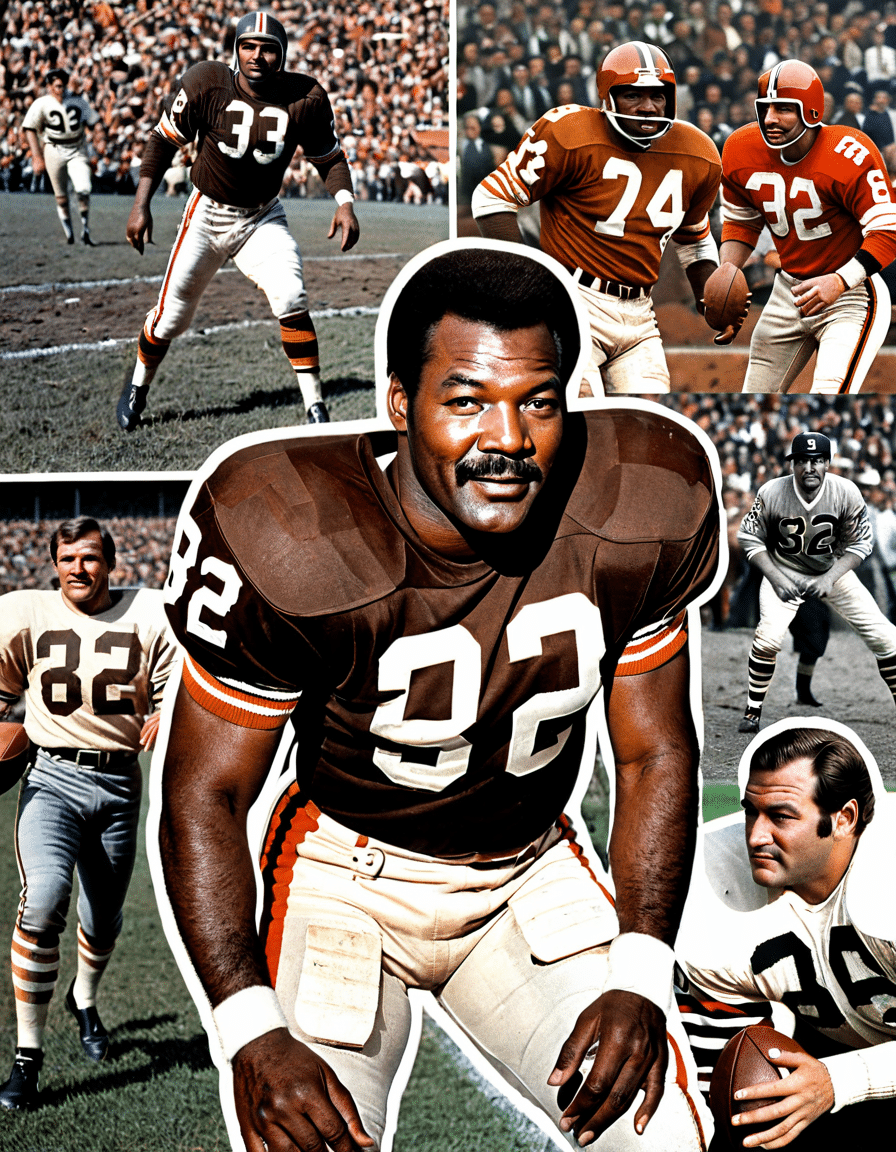Michael Jordan is not just a name; it’s a legacy—a legacy that embodies fierce determination, competitive spirit, and unabashed grit. His iconic phrase, “And I took that personally,” serves as a mantra for athletes and professionals alike, echoing through the halls of sports and beyond. This philosophy fueled Michael to unfold the magic on the basketball court, but it’s also a beacon that lights the path for countless others. So, grab your popcorn as we dive into real-life examples, marketing perspectives, and the cultural impact of this powerful sentiment. Spoiler alert: it relates to all of us!
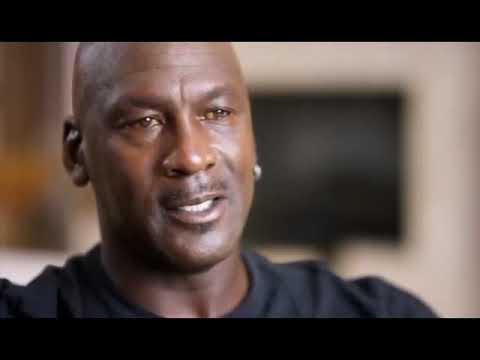
1. Real-Life Examples of ‘And I Took That Personally’ in Sports
When we look at top-tier athletes, it’s clear: many carry a chip on their shoulder, and it’s often what drives them to excel. Michael Jordan’s approach shows us that a personal affront can be a catalyst for greatness. Here are five champions who’ve adopted this mentality:
a. Kobe Bryant: Channeling Disrespect into Motivation
Kobe Bryant, known as the Black Mamba, made “Mamba Mentality” a household term. When he was passed over during the 1996 NBA Draft, he didn’t just shrug it off. Oh no, he took it personally! That chip on his shoulder led him to train harder and push further than anyone expected. Five championships later, Kobe transformed that perceived slight into a personal hallmark of excellence. If there’s a playbook for success, Bryant wrote a hefty chapter on how to turn disrespect into drive.
b. Serena Williams: Turning Loss into Power
Serena Williams has faced her own battles, and her loss to Maria Sharapova in the 2004 Wimbledon Finals was a hard pill to swallow. “Humbling” is an understatement. Instead of wallowing in disappointment, Williams used that loss as a motivational springboard. Reflecting on her performance, she dedicated herself to refining every aspect of her game. The result? 23 Grand Slam singles titles! Now that’s the spirit that says, “I took that personally!”
c. Tom Brady: The Ultimate Underdog
Tom Brady’s journey to NFL stardom didn’t start with a confetti shower. Nope, he was drafted 199th overall! Talk about a rough beginning! Brady took that late-round pick as a personal slight and turned it into one of the most storied careers in sports history. Each setback fed his ambition with seven Super Bowl rings to boot. Brady’s narrative reminds us: sometimes being underestimated is the biggest blessing in disguise, and surely, he took it personally!
d. Michael Phelps: Overcoming Adversity
After a disappointing outing at the 2004 Athens Olympics, Michael Phelps wasn’t ready to hang up his goggles. He famously stated, “I took that personally,” when discussing his unexpected third-place finish in the 200m butterfly. Fueled by that experience, he went on to claim six gold medals in Beijing in 2008. His determination reflects the essence of taking setbacks personally, harnessing them into explosive triumph.
e. Simone Biles: Fierce Competition in Olympic Gymnastics
Simone Biles faced the weight of expectations regularly. During the 2016 Rio Olympics, criticism loomed large, but Biles didn’t shy away. Instead, she took it personally and emerged with four gold medals—as a clear message to naysayers. Furthermore, she sparked a broader discourse advocating for mental health in sports, showing us that taking things personally can help champion important causes—not just victories.

2. ‘And I Took That Personally’: The Marketing Perspective
We’ve explored how athletes channel personal affronts into remarkable achievements. But how does this translate into marketing? Brands have recognized the power of “And I took that personally,” integrating it deeply into their narratives. Let’s look at a few clever examples:
a. Nike: Just Do It—Fueling the Competitive Spirit
Nike’s “Just Do It” campaign doesn’t just sell shoes; it sells a story. They shine a light on athletes who’ve risen from the ashes of adversity, echoing the same sentiment that made Jordan legendary. Each ad strikes a chord with consumers who, like Jordan, resonate with tales of determination and overcoming the odds. Why do you think Nike stays on top? Well, they’re tapping into that deep well of personal motivation.
b. Under Armour: Fueling the Fire
Under Armour channels the essence of perseverance in its branding. Their tagline “I Will” embodies that unyielding spirit. The gear they sell is more than just fabric; it’s a promise to push limits even when the going gets tough. You see, they’re not just selling products; they’re cultivating a community of individuals who, like the athletes they admire, are willing to take things personally.
c. Gatorade: The Science of Performance
Gatorade’s “Is it in you?” campaign invites athletes to dig deep and find their inner strength—true personal ambition. This aligns perfectly with Jordan’s ethos: if you want it bad enough, you’ll find a way. They know how to resonate with competitive spirits, making every athlete feel personally invested in their performance. There’s nothing like a refreshing drink that inspires you to be fearless!
d. Red Bull: ‘Gives You Wings’ and Personal Motivation
Red Bull champions extreme sports and events that match the high-energy drive embodied by Jordan. Their branding encourages individuals to transcend their limits. Through events and athlete partnerships, they create a culture where taking personal challenges seriously inspires communities to push the envelope. Who wouldn’t take that personally?
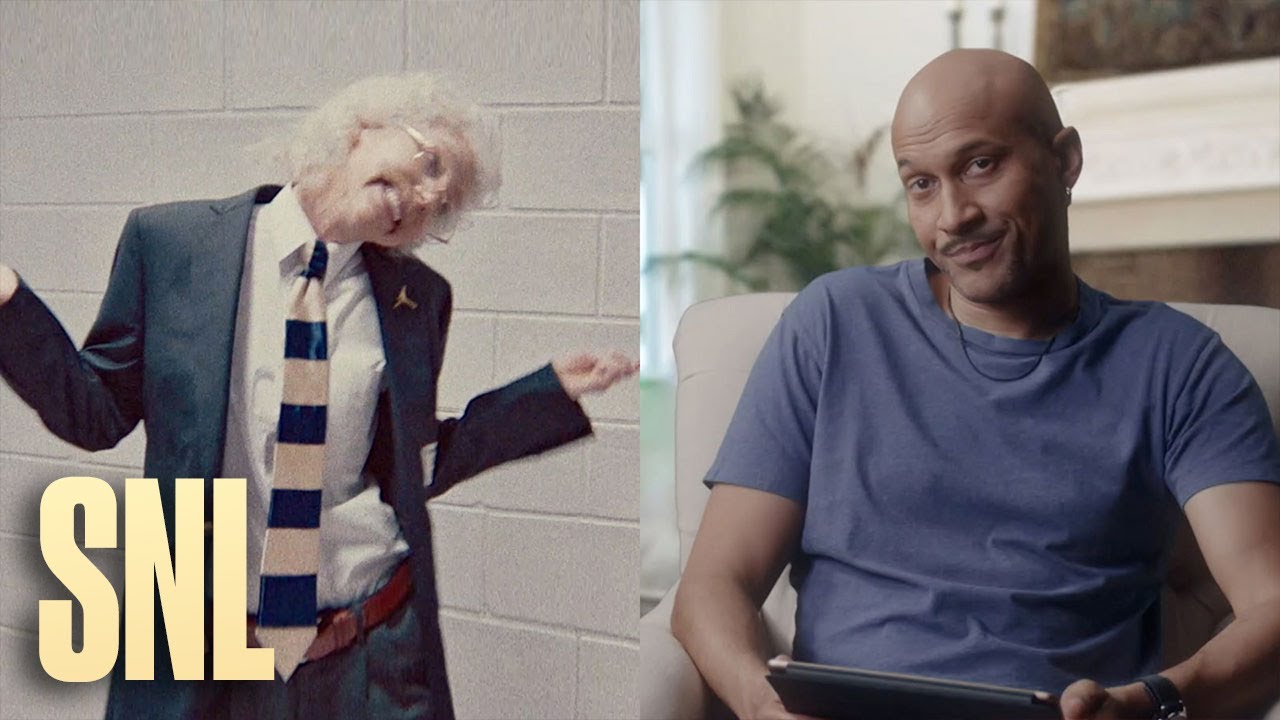
3. The Cultural Ripple Effect: ‘And I Took That Personally’
Michael Jordan’s influence reaches far beyond the hardwood. His legacy ripples through culture, shaping perspectives in entrepreneurship, entertainment, and activism. It’s clear that “And I Took That Personally” speaks to a universal truth that resonates across various walks of life.
a. Entrepreneurs Emulating the Jordan Mindset
Take Gary Vaynerchuk, for instance. He harnesses that Jordan mindset, adopting personal motivation from his own setbacks while building a massive brand. Many entrepreneurs share this story: they see adversity as fuel for success—transforming failures into golden opportunities that mirror Jordan’s philosophy. Pretty encouraging, right?
b. Film and TV: Documenting Personal Journeys
Documentaries like “The Last Dance,” which delves deep into Jordan’s life and career, illustrate how his personal tenacity shaped both the game and pop culture. It sparked renewed interest in stories centered around human struggles and ambition. So, if you haven’t seen it yet, why do you need to catch up? It’s the epitome of aspirational storytelling.
c. Social Movements: Advocating Change
Jordan’s fierce determination inspires activists who take personal stories of injustice into their advocacy. The notion of taking issues personally drives individuals to create impactful movements. Just as Jordan did on the court, these leaders are charging forward, using their platforms to ignite change and empower others. Talk about taking it personally!

Closing Thoughts: The Enduring Legacy of ‘And I Took That Personally’
“And I took that personally” has become more than just a phrase; it’s a compelling narrative that underscores resilience and ambition. By examining the stories of iconic athletes and the marketing strategies that resonate with this mindset, we see clearly that personal drive is a vital ingredient for success. Jordan’s everlasting impact emphasizes the absolute power of taking things personally—not merely in competition but in every aspect of life. So, as we move through 2024, let these stories remind you: your personal journey matters, and there’s always room to grow—just as Michael Jordan would have wanted it!
For more engaging content and breaking news in cinema, check out our latest articles at www.LoadedDiceFilms.com.

And I Took That Personally: Fun Trivia and Interesting Facts
The Roots of an Icon
When talking about “and I took that personally,” it’s hard to ignore how Michael Jordan’s drive shaped his legacy. Did you know that Jordan was originally cut from his high school basketball team? This setback only fueled his fire to succeed. If that sounds familiar, it reminds us of the struggles behind any great journey, much like the stories uncovered about the cast of Erin Brockovich, whose hard-earned success often stemmed from adversity. Additionally, the tenacity that led him to six NBA championships also reflects the humorously titled bug juice, a nickname for a popular drink that embodied refreshment, much like Jordan’s revitalizing impact on basketball.
A Journey Beyond the Court
Jordan’s influence wasn’t confined to the hardwood. The narrative behind “and I took that personally” has become part of pop culture, often used to hype various underdog stories. It’s fascinating how this phrase has seeped into conversations, similar to how Baltimore City permits can dictate what’s allowed in urban development. Whether in sports, movies, or everyday life, his determination has inspired many, including the creators behind projects like Ahora, which look to highlight narratives of resilience in society. Such ideas echo Jordan’s mantra that hard work pays off.
Personal Touch and Unyielding Spirit
Even as his career wound down, Jordan’s persona remained strong. His competitive nature created a slew of memorable moments, like the infamous gamble on the golf course or his legendary battles against the Detroit Pistons, known as the “Bad Boys.” It’s kind of like the humor found in the quirky Asian squat, something that reflects adaptability and culture, no matter where you come from. In fact, “and I took that personally” has become a meme in itself, like the popular always has been meme, flipping expectations on their head and showcasing how personal stakes can turn the tide in any scenario.
All in all, Michael Jordan’s legacy is not just about the trophies he hoisted; it’s a masterclass in motivation. Each of these trivia points, be it the personal experiences that shaped him or the cultural impact he left behind, highlights how “and I took that personally” embodies a drive that resonates on and off the court.

What does and I took that personally mean?
Taking something personally means you’re affected by it in a way that feels like a direct hit to you. It’s about viewing things as an attack or a slight, which can make it sting a bit more.
Why did Jordan say I took that personally?
Jordan said he took things personally because it pushed him to improve and perform better. He used perceived slights and criticisms as fuel for his competitive fire on the basketball court.
Does Michael Jordan take everything personally?
Michael Jordan didn’t take everything personally, but he did have a knack for using perceived offenses to drive his performance. He turned those moments into motivation rather than letting them bring him down.
Where did the mj crying meme come from?
The MJ crying meme comes from a moment during an interview for “The Last Dance,” where Jordan expresses his emotions. This powerful image has since become a symbol for various relatable reactions to feelings of sadness or disappointment.
What does I take it personally mean?
“I take it personally” means you’re emotionally impacted by something someone said or did, feeling it’s relevant to your own life. It’s a way of indicating that you’re hurt or offended.
Why do I take things so personally in my relationship?
Taking things personally in a relationship often stems from a desire for acceptance or fear of rejection. It can make minor issues feel much bigger and more about you than they actually are.
What is Michael Jordan’s most famous quote?
Michael Jordan’s most famous quote may be, “I can accept failure, everyone fails at something. But I can’t accept not trying.” It speaks volumes about his relentless pursuit of excellence.
What is Michael Jordan’s last words?
Michael Jordan’s last words publicly attributed during his farewell to the game were, “I love you guys.” This showcases his appreciation for his teammates and fans just before stepping away for good.
Was Michael Jordan shy as a kid?
As a kid, Michael Jordan was known to be shy and introverted, especially compared to his later, more outgoing persona on the court. This shyness didn’t stop him from becoming a legend, though.
What is Michael Jordan’s mentality?
Michael Jordan’s mentality centers around intense competitiveness and the drive to win. He believed in hard work, practice, and pushing himself and others to reach their highest potential.
What does Michael Jordan do all day?
Most of Michael Jordan’s day consists of various business ventures, training, and staying active. He’s also involved in his basketball team, the Charlotte Hornets, working on team management and development.
Did Michael Jordan help anyone?
Jordan has indeed lent support to many people, whether through mentoring young athletes, philanthropy, or by sharing his knowledge and experience in sports.
Did Jordan cry to the commissioner?
There’s a famous moment where Jordan cried to NBA commissioner David Stern, expressing his feelings after winning his first championship. He was overwhelmed with emotion after achieving such a monumental goal.
Why did MJ shrug?
The “MJ shrug” happened during the 1992 NBA Finals when Jordan made a series of three-pointers, showing his surprise and confidence at how well he was playing. It became an iconic gesture of nonchalance in the face of success.
What age did Michael Jordan retire?
Michael Jordan retired officially for the second time at age 38, after a remarkable career that left a lasting legacy in basketball.
What is it called when you take things personally?
When someone takes things personally, it’s often called “taking offense.” It reflects how individuals may feel targeted or hurt by something said or done.
What happens when we take things personally?
When we take things personally, we might experience heightened emotions like anger or sadness, which can affect our mental well-being and relationships. It’s essential to find a way to cope with these feelings.
What does it mean to take someone personal?
Taking someone personal means you’re interpreting their words or actions as a direct reflection on you, often leading to hurt feelings or misunderstandings.
Why are you taking it so personally?
There could be many reasons why someone is taking it so personally. It might relate to past experiences, insecurity, or the desire for approval that can make any slight feel magnified.


